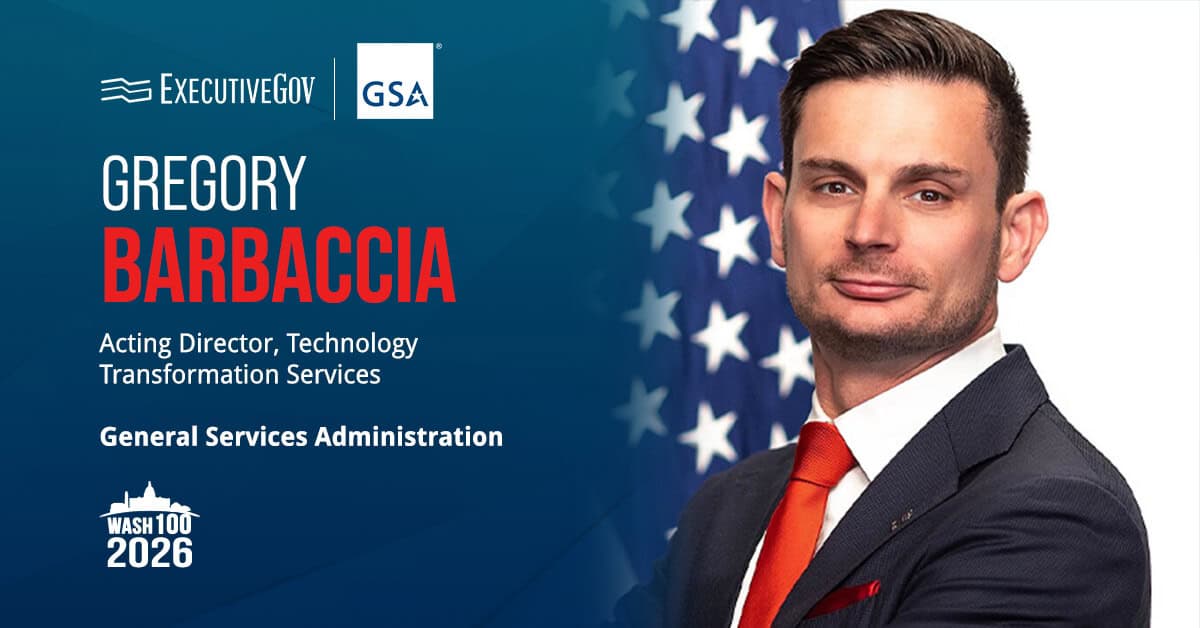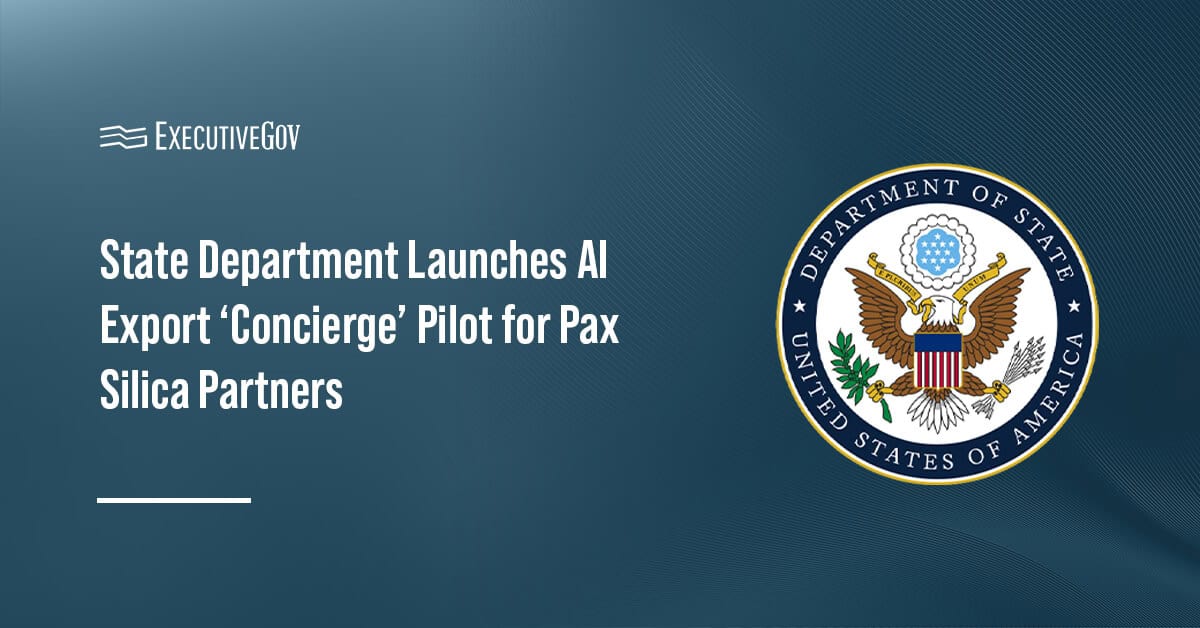The U.S. Space Force is providing alternative contracting methods through which technology companies may secure opportunities more easily, Space News reported Wednesday. Col. Eric Felt, director of the Air Force Research Laboratory's space vehicles directorate, said at AFWERX's EngageSpace event that his group is searching for technologies that have dual uses.
Companies interested in addressing this need may apply for cooperative research and development agreements, an alternative contracting method that provides companies access to government expertise, mentorship and facilities, Felt said.
“We can do testing and evaluation, and give you advice on how to mature your technology," he said. Felt added that AFRL allows companies to directly engage with government customers to provide more insight into market preferences.





